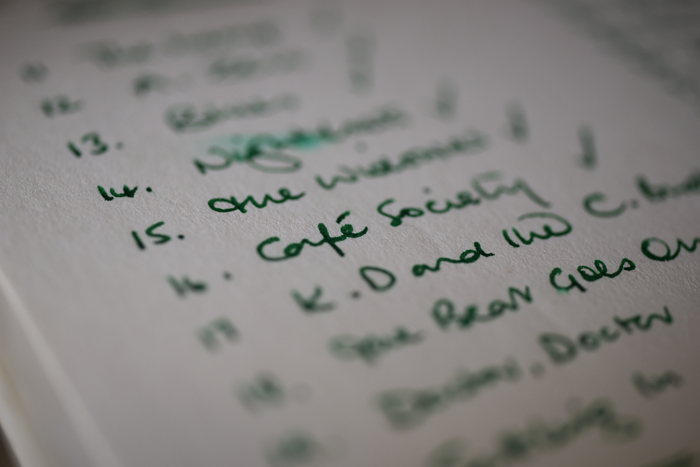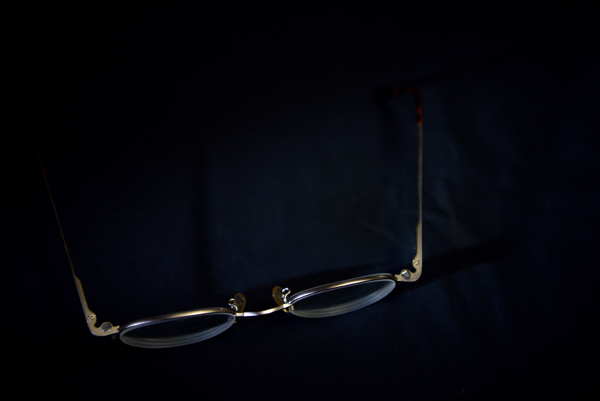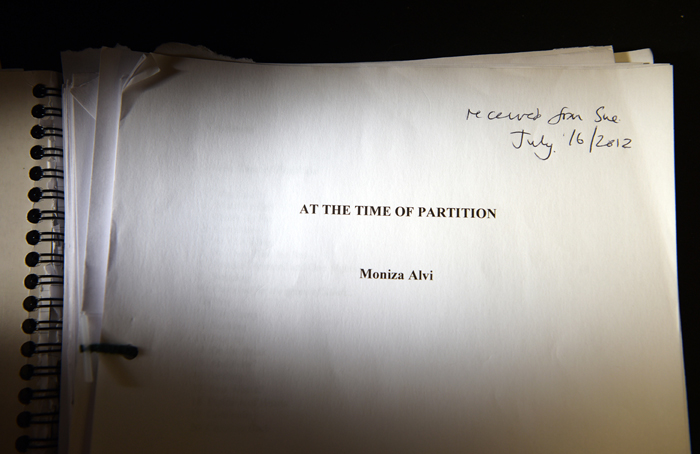The Sean O’Brien Archive reflects the full range of O’Brien’s work as a poet, dramatist, novelist, translator, critic and editor. Comprising the majority of O’Brien’s working papers from 1977 to 2015, the archive represents an extensive body of notes, manuscript drafts, typescripts, revised proofs, and literary correspondence. At the centre of the collection are approximately 80 notebooks containing drafts of poetry and prose, research notes, and day-to-day notes and sketches.
Early poetry drafts are preserved alongside later typescripts and revised proofs, providing an exceptionally full account of O’Brien’s practice of composition and revision. This material covers the extent of the author’s career to date, from his first poetry collection, The Indoor Park (1983), to his most recent, The Beautiful Librarians (2015). O’Brien’s work as novelist, dramatist, editor, and translator is also fully represented in notes, manuscripts, typescripts, and revised proofs.
The archive also collects a substantial portion of O’Brien’s literary correspondence, principally from the 1980s (notable correspondents include Mick Imlah, Douglas Dunn, and Neil Astley). This correspondence offers further insights into O’Brien’s work across several genres, including his editorship of poetry journals and his work as dramatist and translator.
A video interview marking the addition of O’Brien’s archive to the Contemporary Poetry Collections at Newcastle University, was conducted by Dr John Challis on 8th August 2017, and can be viewed in full below. In this interview O’Brien discusses the contents of his archive, his drafting process, his work as a literary critic and translator, his poetic development, and the subjects that occur throughout his work: history, politics, England, and the dead.
A collection level description is available at Archives Hub. Readers wishing to consult the collection in person at the University Library Special Collections may complete our request form. Further information about Special Collections, including accessibility and opening hours, can be found here.





